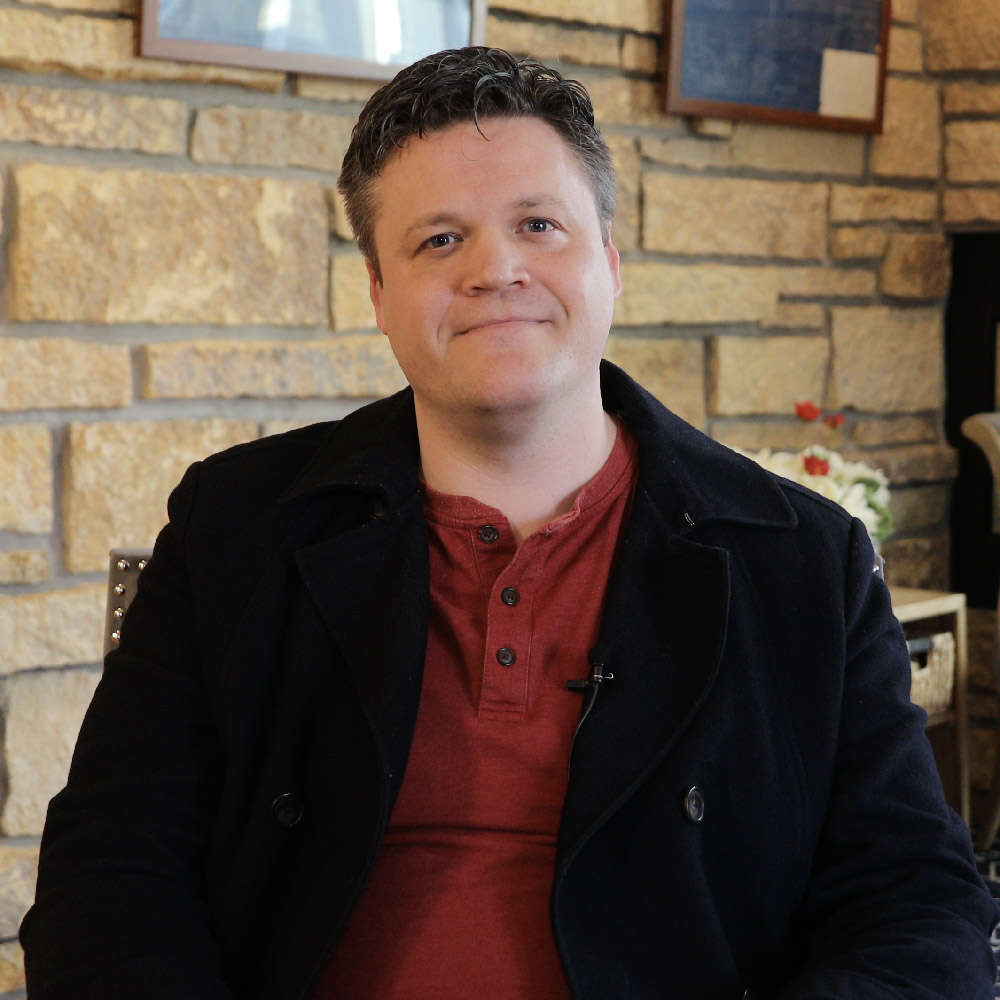Thank you for helping to support Peace Devotions through your prayers, likes, and shares.
If you’d like to support our ministry financially, you can donate here.
The Conversion of Scrooge
Watch on YouTube – Watch on Facebook
When I was in high school, I got to play Scrooge in a Christmas Carol, and he was such a fantastic character to be able to portray this snarling, snarky, creep. But I do have to say, when people are interpreting Christmas Carol, I think that they miss some of the critical elements when they look at what’s really a rather pointed story of Scrooge’s conversion. The way that he starts off just miserable and wretched and evil and cruel and ends up being like everybody’s Santa. And I apologize if I’ve just spoiled it for any of you, but you have had 150 years to watch it.
But it starts off with Scrooge being in a state of what actually looks like poverty. We’re told that he’s rich, but he goes into his home and all the lights are out. He lives in literal darkness and he’s got meager little bits of food that he eats. As he’s pursued his own interests he’s effectively ruined his own life and lives merely in every way. He eats meagerly. He lives meagerly. He loves meagerly. And his life is in a shambles. The spirits of Christmas, past and present show him that he’s ruined the lives of people around him. He’s left a trail of victims. He’s made the world a worse place. And then finally, you get the ghost of Christmas future. And it shows up and shows him his tombstone. It reminds him, in a pointed way, that he is going to die.
When you see the lack of mourners around his grave and you hear the people celebrating that he is gone, you get this very pointed reminder that he deserves it.
Just like any conversion story, A Christmas Carol starts off with the law. That in pursuing our own interests, we ruin our own lives. We live meagerly. That by pursuing our own interests, we end up making victims and making the world a worse place. And finally, we have to face our death. The tone shift that we get in the Christmas Carol is made really clear at the end. And I think that people don’t necessarily always pick up on this, right? When he transforms into a happy go lucky guy who’s living life to the fullest, sometimes people are like, oh, he’s embraced the true spirits of Christmas and goodwill towards his fellow man.
But that’s not actually the root of what happens. When he’s looking at his tombstone he isn’t begging the ghost of Christmas future to give him a second chance so that he can be a better person. He isn’t asking him to let him be a light in the world. Those are all things that happen. But what he begs the ghost of Christmas present for is he says, let me sponge out the writing upon the stone.
Scrooge doesn’t want to die. Now, it would have been incredibly ham fisted if it had played out in this exact way, but you can almost imagine a character then telling Scrooge why he doesn’t have to die, why that writing does get sponged out. Because, of course, in a real sense he does die. And so why is it that we would expect anything to change? Well, it’s his conversion. You can expect that somebody standing there says it’s Christmas. Jesus came. He lived the life that you should have lived. He died the death that you should have died. As Scrooge is standing there over his own open tomb. It’s not open because it’s going to suck him in. It’s open because Christ opened it up and he has an escape.
Scrooge, just like all of us, has an open tomb through faith. When he wakes up and it’s Christmas morning. What we see is not a drive to be a better person for the sake of being a better person. What we see is a guy who’s living in the light of repentance, a guy who’s living a life under Christ.
When we go through the Christmas season, I actually kind of like these little moments that turn me into a worse grump that gives me sort of a reprisal of that role as Scrooge. As I’m rushing around trying to make the whole season festive for my family and I start to get grumpier and grumpier, I can’t help but quirk a little bit of a smile and think back on that king of the humbugs Scrooge, and then remember what it was that turned him. Remember that by focusing on Christ and Christmas, that’s how things ultimately are made to be merry.




